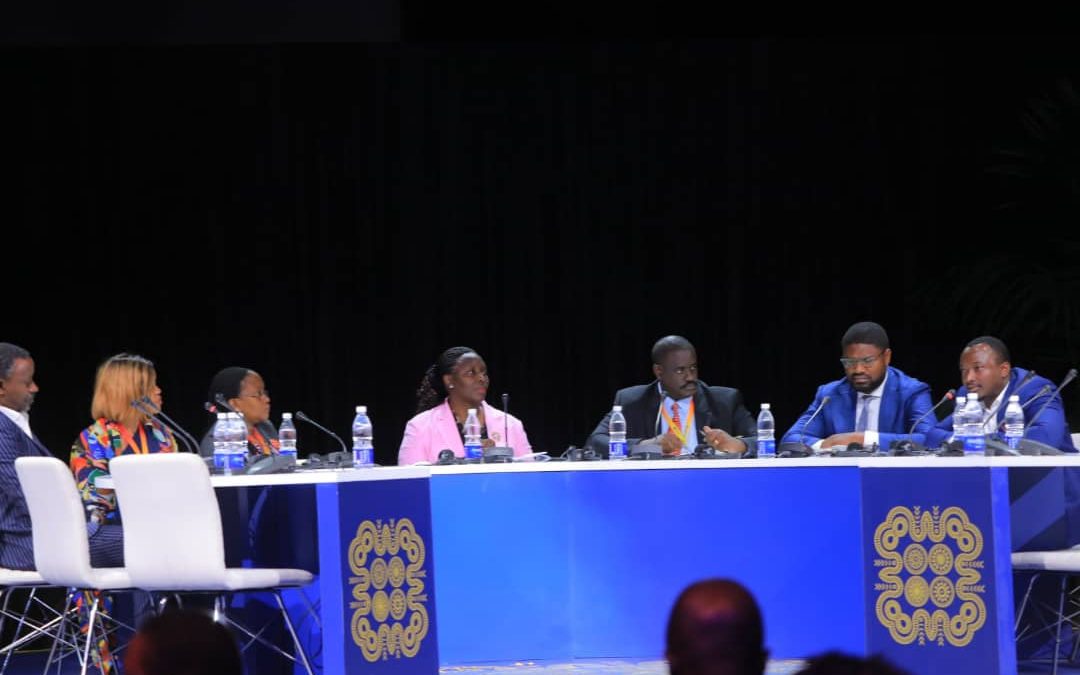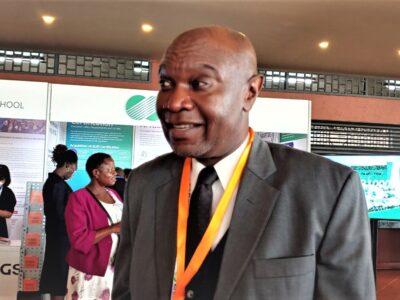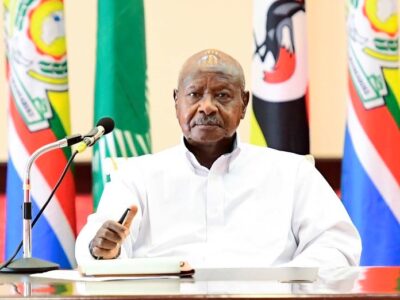
DEI – Uganda has announced that it plans to start selling carbon credits for its hydropower plants for the first time. The move is expected to bring significant benefits to the country, including increased revenue and the reduction of carbon emissions.
The Uganda Electricity Generation Company Limited (UEGCL) has issued a Request for Expression notice, inviting eligible consultants to submit sealed bids for the sale of the credits before March 15.
UEGCL currently operates the Isimba hydropower station and the Namanve thermal power station.
The company is due to take over the operation of the Nalubaale and Kiira hydropower complex when South Africa’s Eskom Limited runs out its concession at the end of March 2023.
UEGCL is expected to commission the 600MW Karuma hydropower station later in the year, which will be the biggest in the country.
There are currently no electricity companies in Uganda selling carbon credits.
However, selling carbon credits is not without challenges, and the government must address these to ensure the success of the project.
The benefits of selling carbon credits are numerous. By generating clean energy, Uganda’s hydropower plants are reducing the country’s reliance on fossil fuels and, as a result, its carbon emissions.
This reduction can be quantified in terms of carbon credits, which can then be sold to companies and organizations looking to offset their own emissions.
This can provide a significant source of revenue for the country, which can be used to invest in other renewable energy projects and infrastructure.
Moreover, selling carbon credits can attract foreign investment, which can further boost the country’s economy.
By demonstrating its commitment to sustainable development, Uganda can attract companies that are looking to invest in countries that prioritize environmental protection. This can create job opportunities and stimulate economic growth.
The global carbon emission market is estimated at more than $1 trillion.
However, there are also challenges to the sale of carbon credits. The first challenge is ensuring that the carbon credits are accurately quantified and verified.
This requires a robust and transparent monitoring system, which can be expensive to set up and maintain. Uganda must also ensure that it complies with international standards for carbon credits, which can be complex and subject to change.
A robust legal framework to support all these initiatives is still missing.
Another challenge is attracting buyers for the carbon credits. While there is a growing demand for carbon credits, particularly from companies seeking to offset their carbon emissions, the market can be volatile, and prices can fluctuate.
Finally, there is a risk that the sale of carbon credits could incentivize the construction of new hydropower plants, which could have negative environmental impacts.
In 2019, many environmentalists protested against plans by a South African company, Bonang Power Ltd, to undertake studies with the hope of putting up a power plant on Murchison Falls.
With plans to sell carbon credit, Uganda must ensure that any new projects are carried out sustainably and that they do not harm the country’s natural resources.
(Reporting by Jeff Mbanga. Email: jeff.mbanga@gmail.com)









